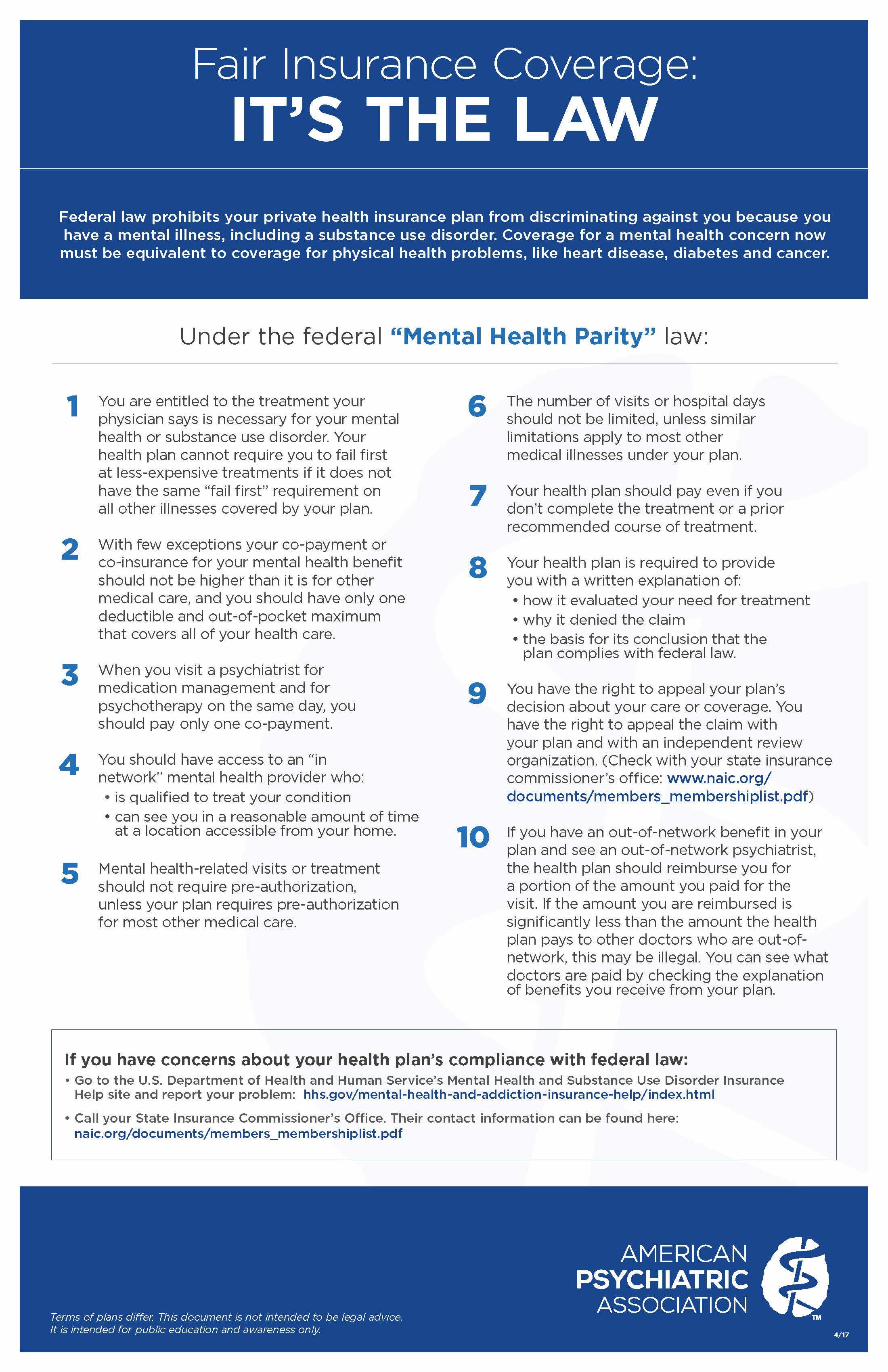This vicious cycle obscures the underlying concerns that are causing bad sleep routines in the very first location. 50% of Canadian adults have problem dropping off to sleep or remaining asleep. With time, sleep disruptions result in a state of sleep deprivation. While much of the brain is a secret, we do know that sleep deprivation's effects on the brain can get worse sleep disorders. There are over 70 kinds of sleep disorders. You most likely know of insomnia, which is a condition where you have a tough time falling or staying asleep. The results of sleeping disorders can easily impact your quality of life. If this takes place to you, you're not alone. One study discovered that 3.3 million Canadians struggle with insomnia. 5.4 million Canadian grownups have sleep apnea, or are at high threat of developing it. Sleep deprivation triggers psychological disturbances like feeling irritable, distressed, or discontented.
Individuals who are sleep denied frequently have trouble focusing throughout the day, struggle with remembering things, and feel tired at bothersome times. Sleep deprivation and psychological health are so carefully tied that psychiatrists and psychologists think about sleeping disorders an early warning indication of psychological illness. On top of mental challenges, the results of sleep deprivation manifest in your body too. Poor sleep triggers low libido, weight gain, and can damage your immune system. This makes you more susceptible to capturing diseases like the cold or influenza. The reasons for sleep disturbances are wide-ranging, from too much screen time, to deep-rooted mental health challenges. Sleep deprivation and anxiety are a typical pair. People with short-term stress and anxiety, and individuals with long-lasting stress and anxiety disorders, frequently report trouble getting enough sleep. The experience of not being able to drop off to sleep can increase nervous sensations related to bedtime. It's naturally demanding to have trouble sleeping, which stress becomes more fuel for distressed thoughts. ADHD (attention deficit hyperactivity condition )makes it hard to sleep for 25% -50 %of kids who have it. Youngsters might have a tougher time understanding why they feel uneasy and irritable when they're tired. Poor sleep and ADHD are so frequently reported together that, similar to with anxiety, it can be hard to tell if sleep issues or ADHD came first. Coffee drinkers might have difficulty sleeping because caffeine is a stimulant. Tobacco, alcohol and other drugs can avoid you from sleeping at all, or avoid you from sleeping deeply.
Stimuli like light from cellular phone and tv screens interrupt our capability to go to sleep and stay asleep. A bedtime regimen that involves shutting down screens, mindful wind-down activities like meditation, and noise decrease, can help you naturally drift off to sleep. Some professionals research study sleep psychology specifically - how being negative as teen affects our mental health. Their work involves assisting patients handle their sleep disorders, and informing on.

sleep practices. Even though we have more to find out, it's clear that sleep deprivation impacts an individual's mental state. Persistent sleep disorders are more common in individuals who have depression than in mentally healthy individuals. When a person drops off to sleep, there are 4 phases they go through - how unemployment affects mental and physical health. These are wake, light sleep, deep sleep, and REM (rapid-eye-movement sleep) sleep. There are links between the duration of an individual's Rapid Eye Movement sleep and their memory, ability to learn, and psychological wellness.
10 Easy Facts About How The Public Education System Affects Mental Health Described
Some research study associates anxiety and inadequate Rapid Eye Movement. Dealing with an expert can help discover bad sleep routines, or demanding ideas causing insomnia. You can call our psychiatrists or psychologists to get begun with much better sleep, right from the comfort of your bed. Getting enough sleep, and the right kind of sleep, is important for our overall health and wellness. While you sleep, your body works to support healthy brain function and preserve your physical health. And for kids and young people, sleep is how their mind and bodies grow and develop. When you do not get adequate http://lukasinwy617.lowescouponn.com/what-does-how-much-does-mental-health-treatment-cost-do sleep, you feel worn out, you find it tough to concentrate and keep in mind things and you may be irritated. So not getting adequate sleep impacts the way you feel, believe, work, find out.
and get along with other individuals. If you are having issues getting to sleep or staying asleep, or if you typically feel tired throughout the day, you might require to exercise what's occurring. However the good news is most sleeping issues are easily fixed. For a lot of us, we're irritated and irritable, we discover it tough to concentrate, and we have no energy. We can overreact when things do not go our method, and we might find we're less excited if something great takes place. So it is easy to see how continuous insomnia can be a concern. It can also significantly impact your mood. Insomnia and state of mind conditions are closely connected. And it can work both ways sleep loss can impact your mood, and your mood can impact just how much and how well you.
sleep. Research studies reveal individuals who are sleep deprived report increases in unfavorable state of minds( anger, aggravation, irritation, sadness) and reduces in positive state of minds. It can also raise the threat of, and even contribute to, establishing some state of mind disorders. Your state of mind can likewise affect how well you sleep. Anxiety and stress boost agitation and keep your body aroused, awake and alert. You may discover you can't turn your brain off, your heart beats faster and your breathing is quick and shallow (how teaching affects your mental health). How much sleep you need depends upon your age, physical activity levels, and basic health. Children and teens require 910 hours of.
sleep a night (how gambling affects mental health). More youthful children tend to go to sleep earlier and wake earlier. As children turn into teens, they seem to get worn out later and sleep in later on. We tend to require less sleep, as we get older. These are some general standards. If you( or your kids) are tired throughout the day, you may require more sleep. If you've been having difficulty getting enough good sleep, the bright side exists are numerous methods you can enhance your sleep practices. Try going to sleep around the exact same time every night and getting up at the same time each early morning. Prevent drinking coffee and alcohol too near bedtime. And finish eating a minimum of two hours prior to your head hits the pillow. Keep TVs and iPads out of your bed room. Make your bed room a haven.
What Does How Nutrition Affects Mental Health Pubmed Mean?

Turn the lights down as you enter into bed. Read using a bedside light. Try some easy meditation, like closing your eyes for 510 minutes and concentrating on taking deep, slow breaths. Enjoy a warm bath. Don't lie awake enjoying the clock. If you are tossing and turning, try getting up and checking out a book for half an hour or two prior to trying to go to sleep once again. They will assist you work out whether a common condition is affecting your sleep, such as: insomnia jet lag and shift working sleepwalking, problems and night terrors agitated legs snoring sleep apnoea. Your GP can talk with you about some non-medical treatments for sleep conditions, such as relaxation training. Smiling mind has helpful methods for kids and adults.